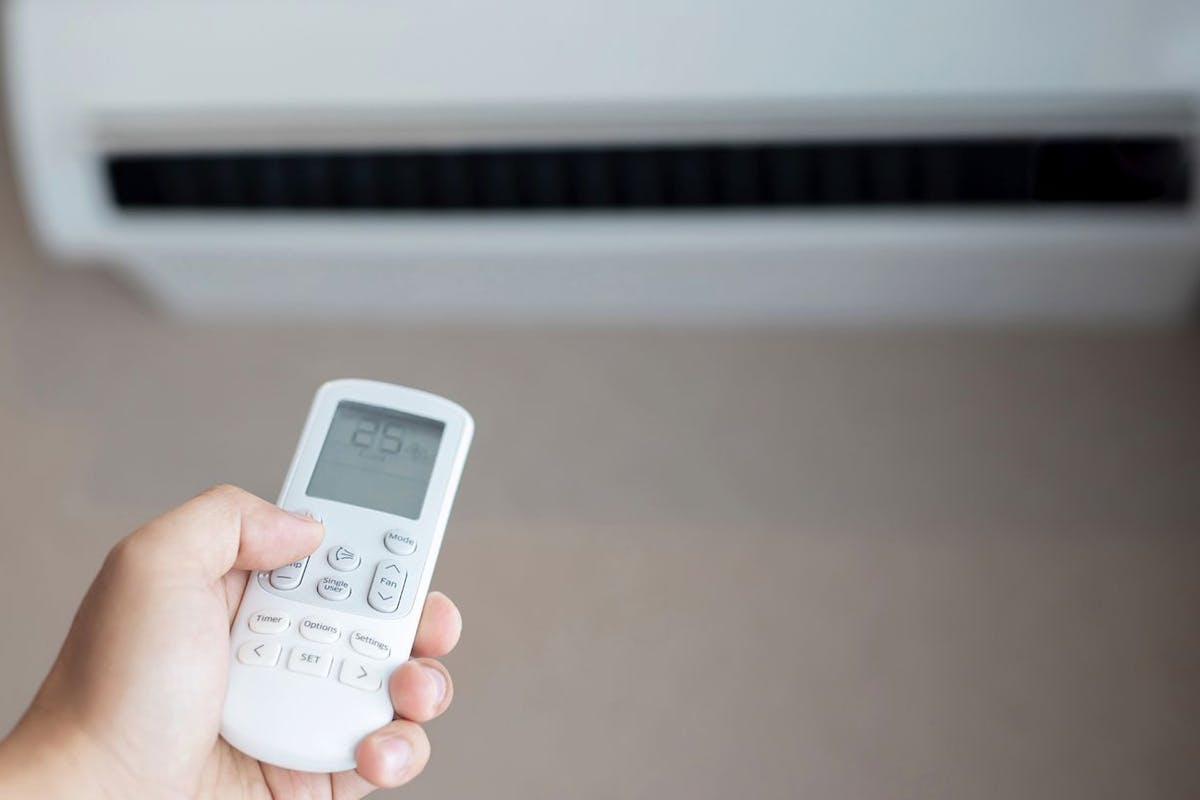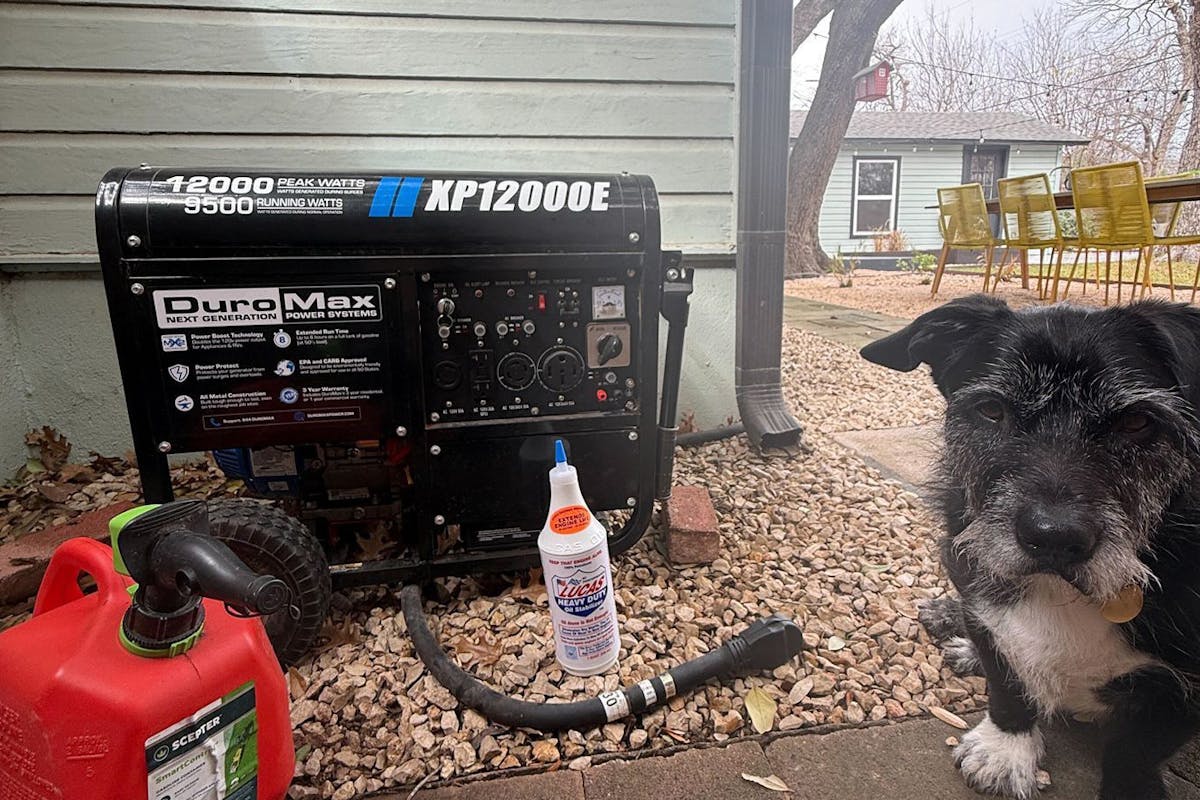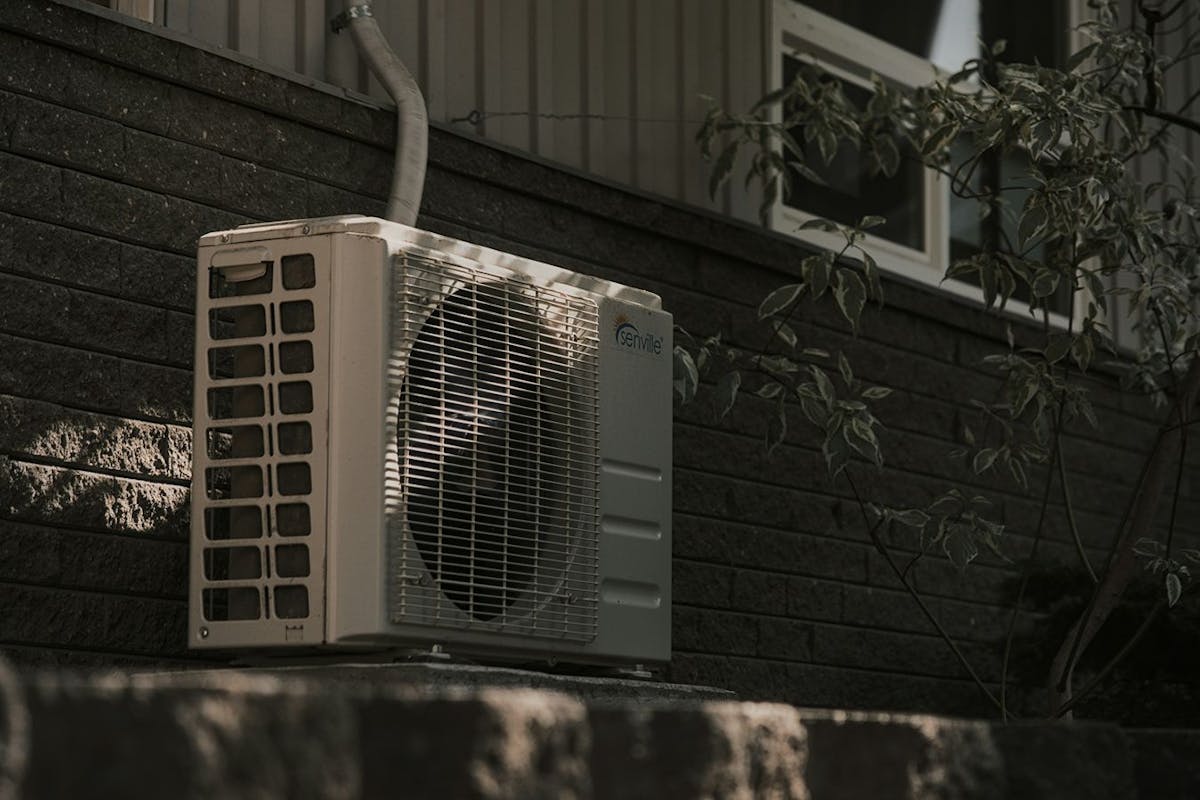How Much Electricity Does a Heat Pump Use?
Last edited
Author
Andrew Giermak
Solar and Electrification Writer and Editor
Editor
Andrew Blok
Electrification and Solar Writer and Editor

How much electricity does a heat pump use? This is one question you may have about your current heat pump, or one you’re looking to buy and install.
If you’re facing increasingly higher home heating and cooling costs, you may consider switching to a heat pump. Its energy consumption will vary based on factors such as climate, weather, home size, heat pump efficiency, your heating and cooling habits, and more. Here’s a look at how much energy a heat pump uses and what tips you can try to have a comfortable home while using a little less energy.
See how much you can save with a new HVAC system from Palmetto
How much energy does a heat pump use?
Broadly speaking, a heat pump uses an average of about 5,500 kilowatt-hours a year according to an analysis of Department of Energy data done by EnergySage, but the range of electricity consumption by heat pumps spans from about 400 kWh to more than 22,000 kWh. The Energy Information Administration reported 52% of an average US household’s energy consumption was for heating and cooling in 2020.
What affects heat pump energy consumption?
Many different factors affect the energy consumption and efficiency you can expect from a residential heat pump. The heat pump’s efficiency rating matters, as well as the climate, your home’s insulation, your preferred thermostat setting, your heating and cooling habits, and if you combine it with a device such as a smart thermostat. You can also cover some or all of its energy consumption with home solar panels.
In general, the larger the space the heat pump is heating or cooling, the more energy it’ll use. The better a home envelope’s condition is, the less energy you’ll need to keep the home at a set temperature. Using a smart or programmable thermostat should help a system run more efficiently. Newer or Energy Star-certified heat pumps use less energy. All of that can affect your energy bills.
Energy consumption will also depend on the heat pump model. Efficiency ratings, such as the SEER, HSPF, and COP, measure the performance and efficiency to expect.
- SEER: Seasonal energy efficiency ratio measures the energy efficiency for a heat pump in cooling mode.
- HSPF: Heating seasonal performance factor is a heat pump’s efficiency in heating mode.
- COP: Coefficient of performance, a ratio that measures heat pump performance measuring the heating or cooling output by energy consumed.
If you live in Key West, Florida, you’ll rarely need heating so getting a heat pump with a high HSPF rating won’t be as important to you, but a high SEER will be a definite benefit. Not everyone needs to pay the highest possible SEER and HSPF. The right match of your climate, your home, and a heat pump’s efficiency ratings will be best for your comfort, budget, and energy efficiency. Matching your heat pump to your home and climate is one of the reasons it’s important to get a heat pump sized by a knowledgeable professional.
How much will it cost to run a heat pump?
You can get a very general estimate of the cost of running a heat pump for a year with some relatively simple math.
If a heat pump uses 4,500 kWh in a year and your electric utility’s rate is $0.1762 per kWh, the US average in August 2025 according to the Energy Information Administration, you’d get an estimate of $792.90 a year.
4,500 kWh x $0.1762 per kWh = $792.90
The actual cost will depend on the factors we discussed above — your home’s size and level of insulation, the efficiency of your heat pump, and your climate and weather — but also your local utility rate, including time-of-use rates, and whether you’re offsetting some of your consumption with home solar panels and net metering.
To get a couple more examples, let’s look at examples of heat pump usage in varying climates and regions.
In milder climate zones with not as much need for heating in a usual year your heat pump might use about 4,000 kWh a year. With an average electric rate of $0.25 per kWh, and no factors such as incentives, different rate plans, or solar power accounted for, you have an estimate of $1,000 a year.
In a colder climate with a long heating season, a heat pump may use about 8,000 kWh. Here, with the same electric rate, the annual estimate is $2,000.
See how much you can save with a new HVAC system from Palmetto
Energy-efficiency tips for heat pumps
There are ways to save energy and money with a heat pump. Some are quick and easy, others are bigger projects. Some will give you immediate savings, others are geared toward long-term savings.
- Maintenance: Maintenance and service make short- and long-term differences in the efficiency and lifespan of a heat pump.
- Air filters: Changing air filters as recommended, usually every 1-3 months, helps your system’s efficiency right away. The US Department of Energy estimates clean air filters help an HVAC system’s energy efficiency by about 15%. Good filtration helps a heat pump or HVAC system in the long term as well, meaning fewer repairs needed and a longer expected lifespan for your heat pump.
- Thermostat setting: How you set your thermostat is another energy-efficiency key. In short, setting a higher temperature in the cooling season and a cooler temperature in the heating season will save energy and money. Setting your thermostat warmer or cooler when no one’s in the home for four or more hours at a time can also save energy usage. This is easier with a programmable thermostat or smart thermostat.
- Find your comfort: Change the thermostat one degree each day (warmer in the summer and cooler in the winter) until you reach a setting that’s too warm or too cool. Then, go back a degree, and you have a comfortable temperature which also saves energy.

Larger efficiency projects include upgrading your home’s insulation, improving weatherstripping or caulking around doors and windows, air sealing ducts, and making sure the space around exterior air handling units is clear for proper airflow.
If you’re considering the potential positives of a heat pump for your home heating and cooling, another option may be the no upfront cost of a heat pump lease with the Palmetto Comfort Plan. You can get an estimate specific to your address with our HVAC advisor tool today.
With the new Palmetto app, you can see energy-saving information, track your utility usage, and check out devices like smart air filters, smart thermostats, energy monitors, and EV chargers in the app’s shop.
See how much you can save with a new HVAC system from Palmetto
Frequently asked questions
How much energy does a heat pump use?
Heat pumps, on homes in the US, use an average of 4,500-5,500 kWh of electricity a year. Many variables can change this for a specific home or property. Climate, home specifications, your usage, and other parts of your home such as insulation level can change the energy a particular heat pump uses.
Are heat pumps efficient in cold climates?
New heat pumps are more efficient in cold conditions than previous models. Heat pumps are in use in all 50 US states. Specifically, cold climate heat pumps are built, tested, and certified to work and have guaranteed energy efficiency to near-zero and below-zero temperatures.


